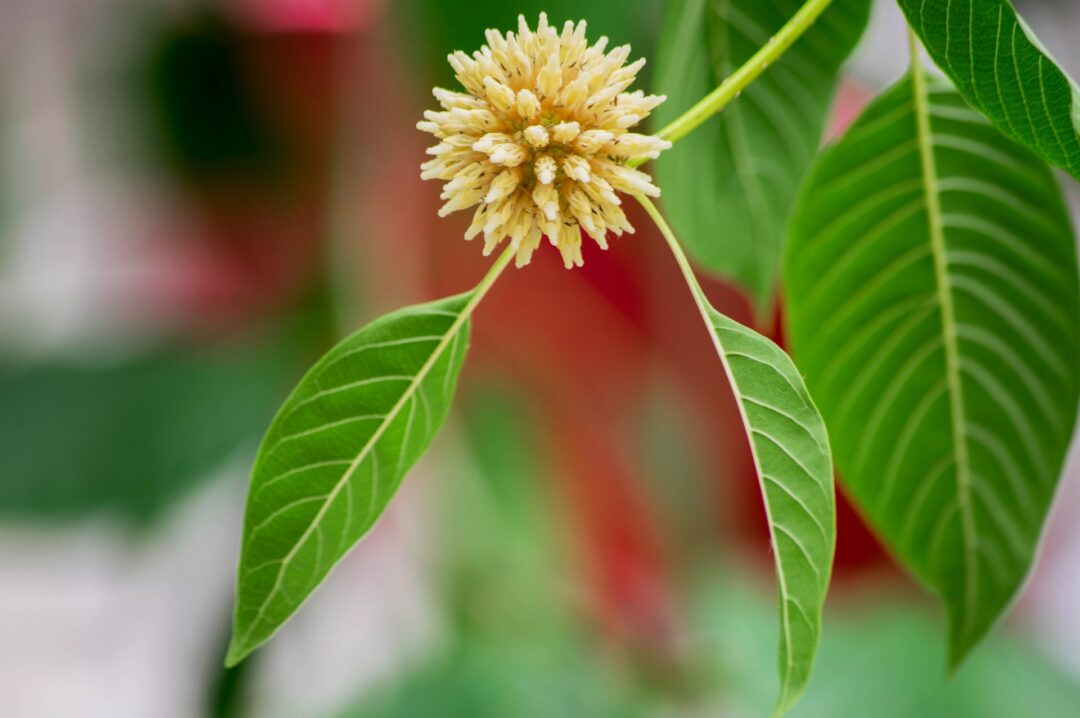William Eggleston, clinical assistant professor of pharmacy practice at Binghamton, and his team conducted a retrospective review of kratom exposures reported to the National Poison Data System in order to determine the toxicities associated with kratom use, according to apress release. They also reviewed records from a county medical examiner’s office in New York to identify kratom-associated fatalities.
They found a total of 2,312 reported kratom exposures, with 935 cases involving kratom as the only substance, the release says. It most commonly caused agitation (18.6%), tachycardia (16.9%), drowsiness (13.6%), vomiting (11.2%), and confusion (8.1%). Some serious effects were also reported, ranging from seizure (6.1%) and withdrawal (6.1%) to hallucinations (4.8%) and coma (2.3%), with .6% of the cases involving cardiac or respiratory arrest. They also found four deaths associated with kratom.
The release says that these findings suggest that kratom is not reasonably safe, and poses a public health threat.
Eggleston said in the release: “Although it is not as strong as some other prescription opioids, kratom does still act as an opioid in the body. In larger doses, it can cause slowed breathing and sedation, meaning that patients can develop the same toxicity they would if using another opioid product. It is also reported to cause seizures and liver toxicity. Kratom may have a role in treating pain and opioid use disorder, but more research is needed on its safety and efficacy. Our results suggest it should not be available as an herbal supplement.”
The release noted that Eggleston and his team are working with researchers at SUNY Upstate Medical University to asses if the risk for toxicity changes based on dosage.
UPDATE:Several people reached out toWholeFoodsto report concerns with the Binghampton University study and to share their own positive experiences with kratom. One respondent noted that the issues come with Adulterated products, not plain leaf, and suggested that people in favor of kratom support the Kratom Consumer Protection Act. More information can be found at the American Kratom Association.
Related: FDA Issues Warning Letters to Two Companies Selling Kratom
FDA Analysis Finds Unsafe Levels of Heavy Metals in Kratom Products










